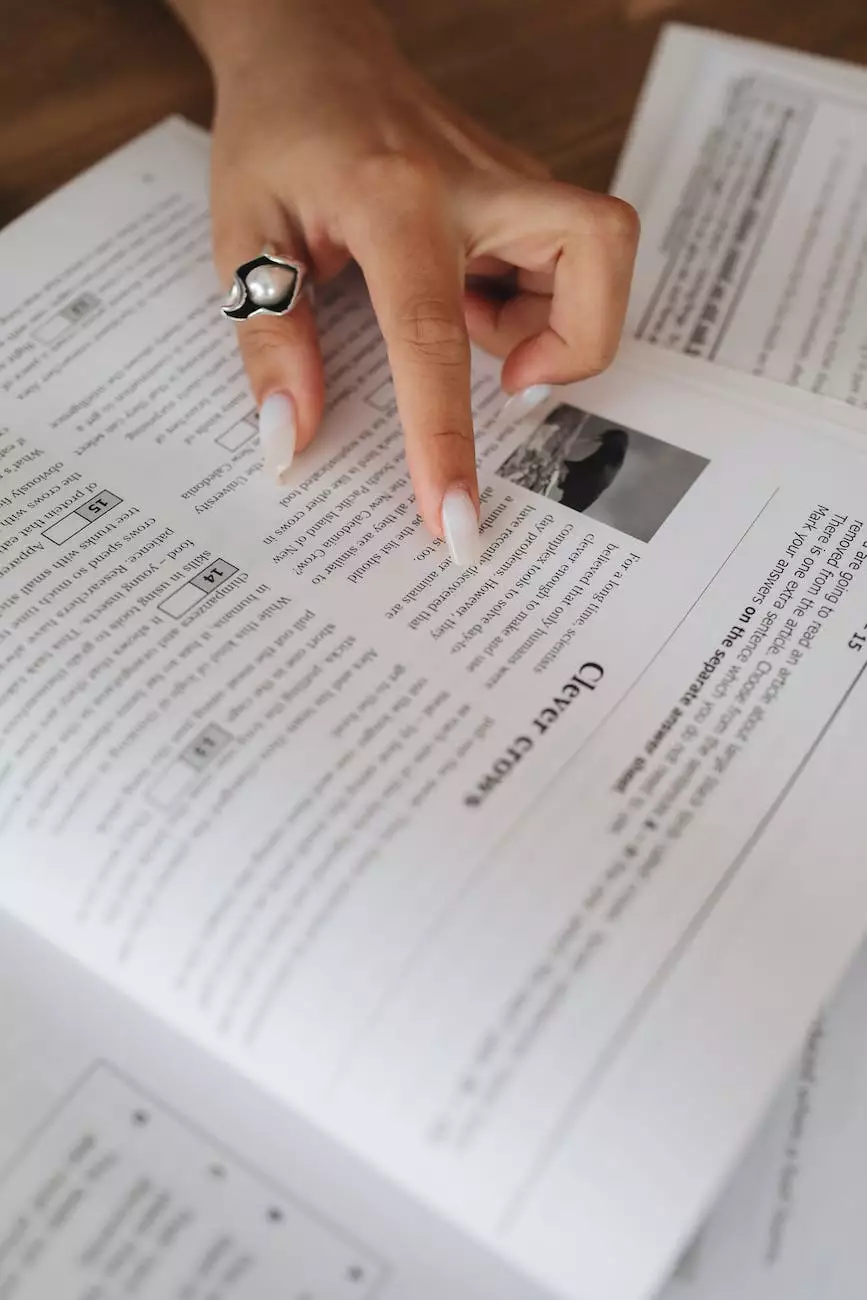English Lesson: Want to & Want a Vs. Wanna
English Grammar Lessons
Introduction
Welcome to NJCLT's English lesson on the phrases 'want to' and 'want a'! In this comprehensive guide, we will help you understand the differences between these commonly used expressions in English. Whether you're a beginner or an advanced English learner, this lesson will provide you with the necessary knowledge to greatly enhance your language skills.
Understanding 'Want to'
'Want to' is a phrase used to express a desire or intention to do something. It is commonly used to talk about activities, plans, or future actions. For example, 'I want to travel the world' or 'She wants to learn how to play the guitar.' This expression is often followed by a verb in its base form.
Exploring 'Want a'
'Want a' is a slightly different variation of the phrase 'want to.' It is commonly used when you want someone else to do something for you or provide something to you. For instance, 'I want a cup of coffee' or 'He wants a new car.' In this case, 'want a' is followed by a noun or a noun phrase.
The Informal Variant: 'Wanna'
We also often encounter the informal variant of 'want to,' which is 'wanna.' This variation is commonly used in spoken English and informal writing. 'Wanna' is derived from the contraction of 'want to' and is used to express desires or intentions. For example, 'I wanna go shopping' or 'Do you wanna join us for dinner?'
Common Mistakes to Avoid
While 'want to,' 'want a,' and 'wanna' are widely used expressions, they can sometimes lead to confusion or incorrect usage. Here are a few common mistakes to avoid:
Mistake #1: Confusing 'want to' with 'wanna'
Sometimes, people mistakenly use 'wanna' in formal or written contexts where 'want to' would be more appropriate. It's crucial to remember the correct level of formality when using these expressions.
Mistake #2: Incorrect usage of 'want a'
People often mistakenly use 'want a' instead of 'want to.' Make sure to understand the difference between wanting someone to do something for you ('want a') and the desire to do something yourself ('want to').
Conclusion
By now, you should have a solid understanding of the differences between 'want to,' 'want a,' and 'wanna.' Remember to use 'want to' when expressing your own desires or intentions and 'want a' when indicating your need for something from someone else. Keep in mind the level of formality required for each expression, and avoid common mistakes.
We hope this English lesson has been helpful to you in expanding your language skills. Practice using these phrases in context, and soon you'll feel more confident and natural when expressing your wants and desires in English. If you have any further questions or need additional guidance, don't hesitate to contact NJCLT. Happy learning!




